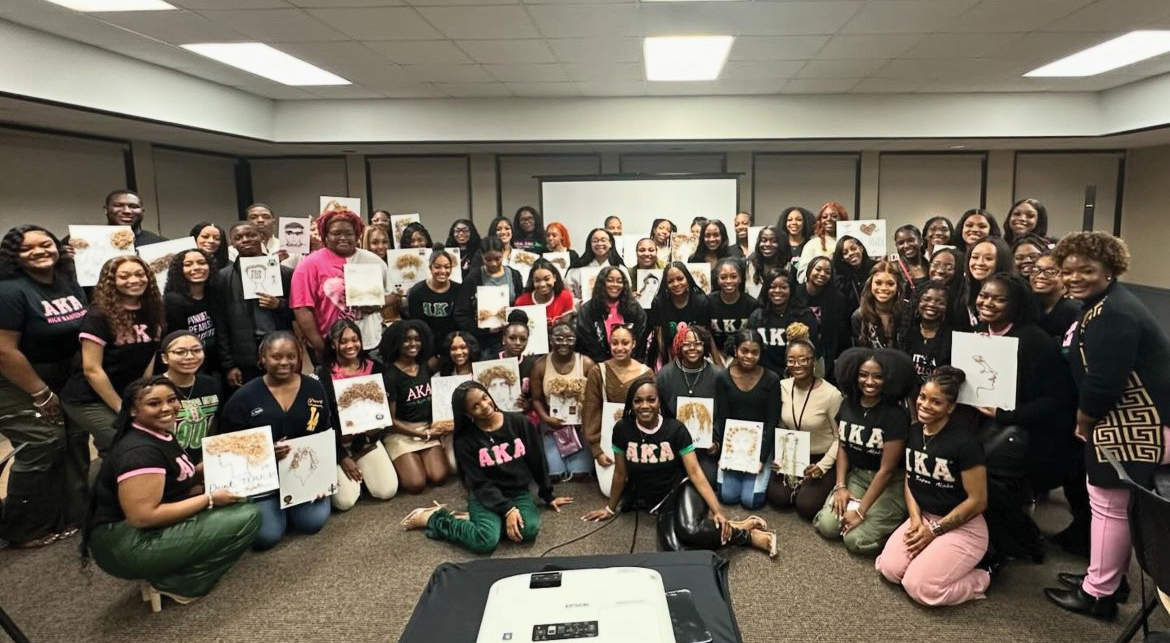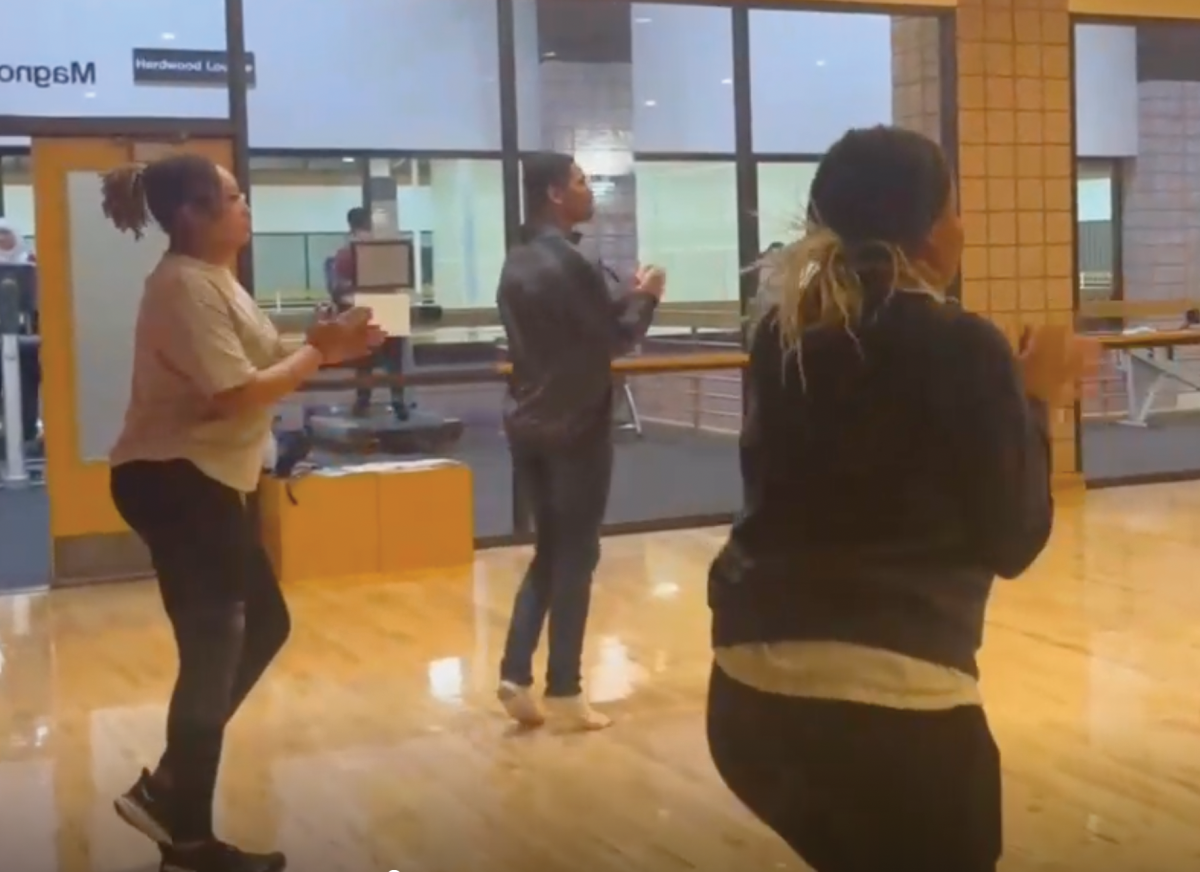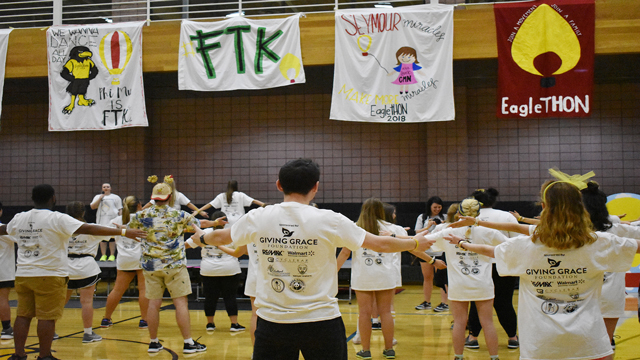Some might argue that forms of segregation still exists within Southern states. Progress and change have been pushed for throughout the years, but universities in the South like The University of Southern Mississippi continue to face the aftereffects of racially charged pasts. Others are fighting the social stigma and defeating the societal expectations of “black” versus “white” fraternities and sororities.
Opponents criticized Greek Life, calling it “institutionalized racism.”
“Dying While Black” author Vernellia Randall said institutional racism involves policies, practices and procedures of institutions that have a disproportionately negative effect on racial minorities’ access to and quality of goods, services and opportunities.
“Fraternities and sororities, on balance, make life worse on campus,” said Boston Globe columnist Carlo Rotella. “I wouldn’t mind seeing them banished by colleges and universities, but it would be even better if students just stopped joining them and they went away.”
The Greek community has been under fire for decades and was targeted again in 2013 after predominately white sororities at the University of Alabama were accused of denying African- Americans bids exclusively because of their color, according to an article by The Huffington Post. The University of Alabama has since desegregated its sororities.
Greek organizations at Southern Miss are trying to break racial barriers and broaden the road of opportunities for students.
The National Panhellenic Council (NPHC) was created in 1930 and caters to the Divine Nine, which includes four historical African American sororities and five historical African American fraternities, according to the National Pan-Hellenic Council, Incorporated website.
According to the research project “Cool Like That: Exploring the World of Historically Black Fraternities and Sororities,” by Timothy Wilson, black people were not allowed to join Panhellenic and IFC organizations in the past due to racial segregation, so they created their own. They were also denied the permission to purchase a house similar to their white counterparts, hence the reason some black sororities and fraternities did not have houses on college campuses.
Senior biology major Emily Wilson is a white student who recently joined the historically black Sigma Gamma Rho and has struggled with other Greeks’ expectations of her as a member of a Divine Nine organization.
“People have their eyes on me to see if I know what I’m doing, especially when it comes to strolls or struts and stepping,” she said. “They want to see if I know my information. It has a lot to do with race, honestly. There are stereotypes that people will associate with me before even speaking to me.”
Wilson said her sisters are very accepting of her, regardless of race.
“My sisters behave towards me with as much love and understanding in their hearts as they would give to any of our other [sisters], but someone will always have something negative to say,” she said. “At the end of the day, it’s about the sisterhood, service and improvement to the community.”
An anonymous African- American student was previously involved in a CPC sorority at Southern Miss.
“Being in CPC made me realize that it wasn’t for me,” she said. “A lot of my views and opinions didn’t align with how they operate, and they aren’t really willing to branch out of their comfort zones. Sadly, I didn’t realize it until after I left the chapter that CPC dwells in their comfort zone and likes to keep it that way.”
Southern Miss alumnus and member of Kappa Alpha Psi Wilton Jackson said segregation in Greek life exists today because of the dynamic of each council.
“In certain councils, they just have certain things that they just like to do,” he said. “The culture is just different. The dynamics are different.”
The main cause, he said, is poor leadership from each council that does not reach out to other councils.
“The way to break the segregation is to figure out what the other organizations are doing,” Jackson said. “At the end of the day, it’s all about impacting people’s [lives]. The segregation lies where there is that each councils are not communicating with each other. The world that we live in is not just black, it’s not just white. It involves some of everybody.”
Jackson said white people in NPHC Greek Life or black people in predominantly white Greek Life have the ability to make a change.
“If that was their choice to go with that organization, it’s their free will,” Jackson said. “It starts with them wanting to change. If they don’t get accepted, they can at least say that they tried.”
Southern Miss Greek organizations accept people of any and all ethnicities, races, cultures and colors, as all institutional Greek organizations are expected to do.
“Segregating organizations like fraternities and sororities, especially on campus, defeats the aim of brother or sisterhood,” Wilson said. “You can’t have love in your heart if you harbor hatred because of something like skin color.”
Southern Miss alumni Ethan Bradshaw has been a brother of Phi Beta Sigma Fraternity Incorporated for four years and has received mixed views from others.
“Some have been surprised, and some have even asked me why I chose to pledge a NPHC organization,” he said. “I feel that it has helped me improve a lot as a person. Aside from a stronger focus on brotherhood and service, it has also helped me open up to others, specifically public speaking.”
Bradshaw said he sees major differences in aspects of white and black Greek Life such as the bonds and purposes.
“Traditionally, white organizations in Greek Life don’t show a strong brotherhood [or] sisterhood like NPHC organizations do,” he said. “They also seem more socially oriented as opposed to scholarship and community service. NPHC is also a lifetime commitment and not just a collegiate experience. It doesn’t end.”
Bradshaw, like Wilson, sees color as an insignificant component in Greek Life.
“My brothers treat me and embrace me as their brother. There’s a Greek letter organization for everyone. It’s just about what’s in your heart, not the color of your skin.”



































